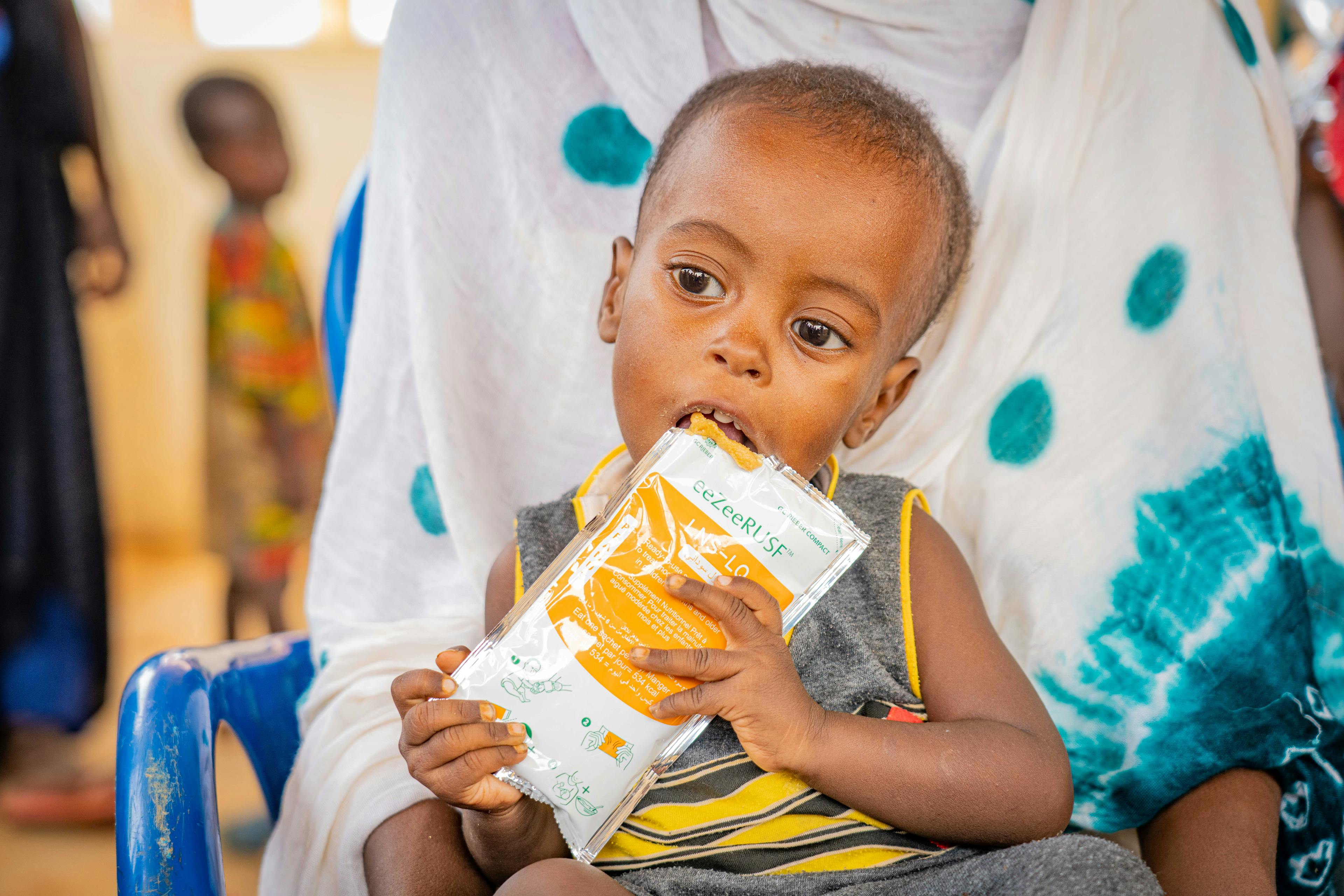
UN0778071
Busting the myths
on cash transfers
Home
Stories
Busting the myths on cash transfers
A little cash goes a long way when it comes to helping families in need.
Lots of things can come to mind when people think about “cash handouts”. Could it be that they’re just money going into a black hole and not making any real impact?
By giving cash to families who need help in emergencies, they have the choice to spend their money on what they need based on their own personal situations. Whether that be for food, housing, education, or other essential items.
While humanitarian cash transfers were once considered controversial, they’re now becoming more and more common as just one of many ways to effectively provide aid in crisis situations. So let’s bust some of the common myths on cash transfers that may still be floating around.
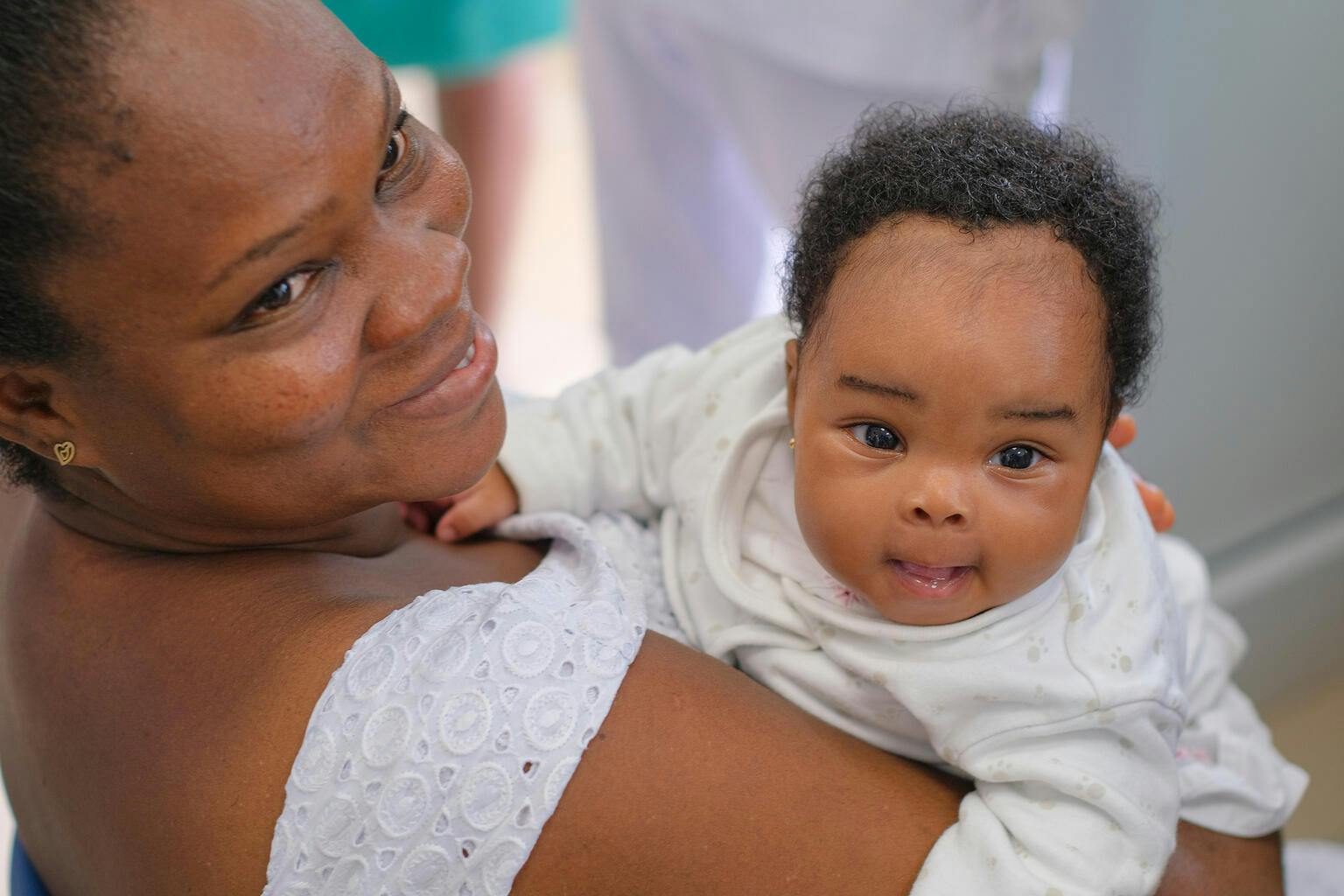
Myth #1: Cash transfers will be spent
on inappropriate things like alcohol
A common worry is that cash transfers will be spent on things like alcohol or other vices, rather than more important things like food, house repairs, or warm clothes. But studies have shown that these cases of misuse are actually very rare.
Most families who receive cash transfers use the money responsibly and prioritise their basic needs. A study by the World Bank found that when cash transfers were given to poor households, the majority of the money was spent on food, followed by housing, education, and healthcare. Only 1-2% was spent on alcohol and tobacco, with no evidence showing an increase in spend on these unnecessary items. In some countries, cash transfers even helped reduce drinking or drug use, as the extra money helped to bring down stress levels and improve mental health.
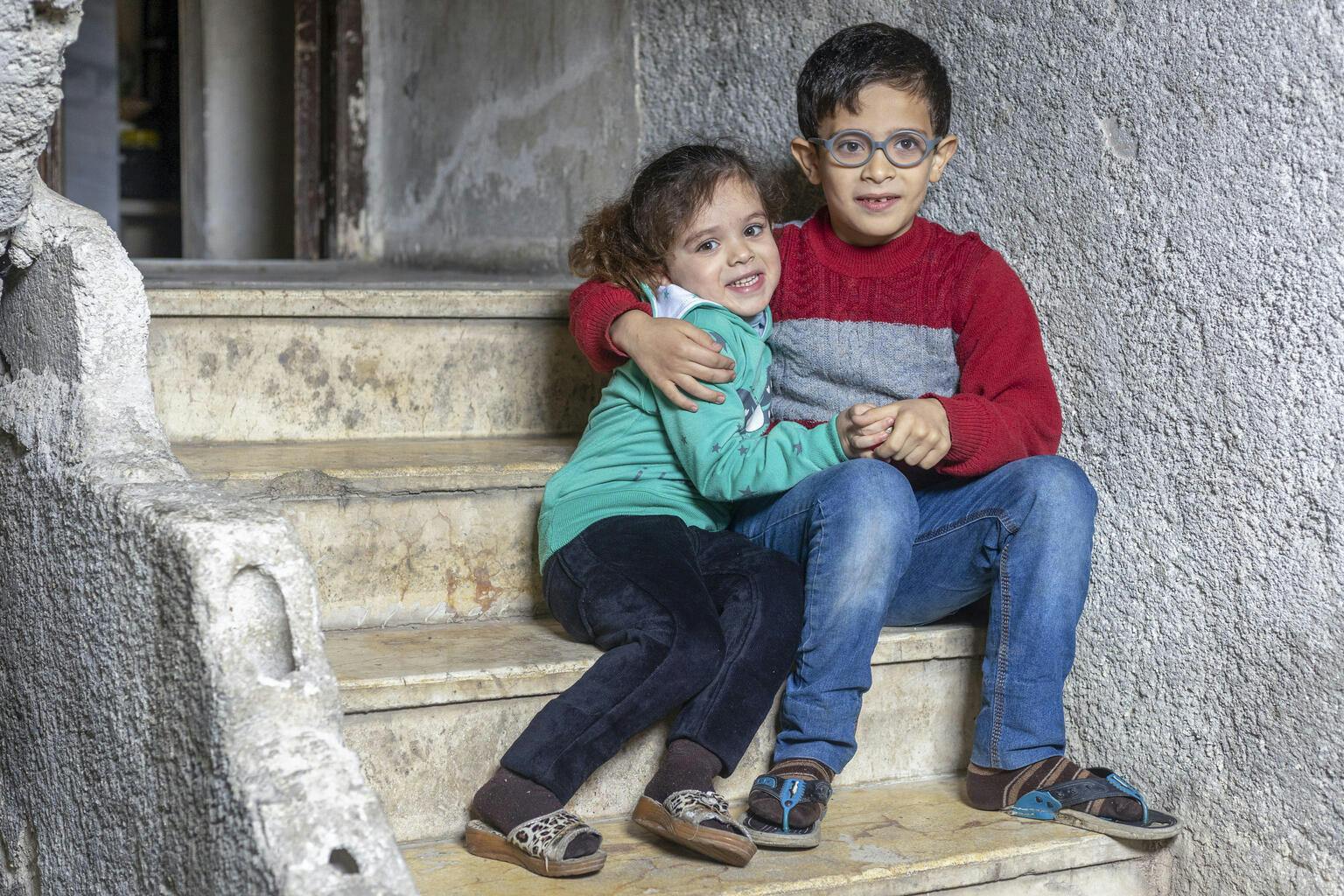
©UNICEF/UN0742198/Janji
Nine-year old Radwan and his five-year old sister Rimas now have warm clothes for the harsh winter in Syria. Their mother is planning on using the next cash grant on heating fuel.
After the devastating earthquake that hit Syria in February 2023, cash transfers were just one way to provide immediate aid. A recent study found that 50% of cash transfers were spent on house repairs and rent alone, with many other families having the choice of spending theirs on warm clothes, food, and other essential items.
Myth #2: Cash transfers are just a ‘hand-out’ and don’t contribute to development
While cash transfers are mainly used to provide immediate relief in crisis situations, they can also have longer-term development impacts.
For instance, cash transfers can help to reduce poverty. By providing families a way to meet their basic needs, their standard of living improves and the risk of them falling into poverty reduces.
In Zambia, cash transfers contributed towards farmland increasing by 36%, which in turn led to a similar increase in food production.
When families have access to more money, they can also pay for things like healthcare, buying nutritious food, or sending their kids to school. These things can lead to kids being better-off in the long-term and hopefully break the poverty cycle.
Thanks to cash transfers while Sabna was pregnant, she was able to purchase healthy food and grow her own vegetables for her and her child’s future.
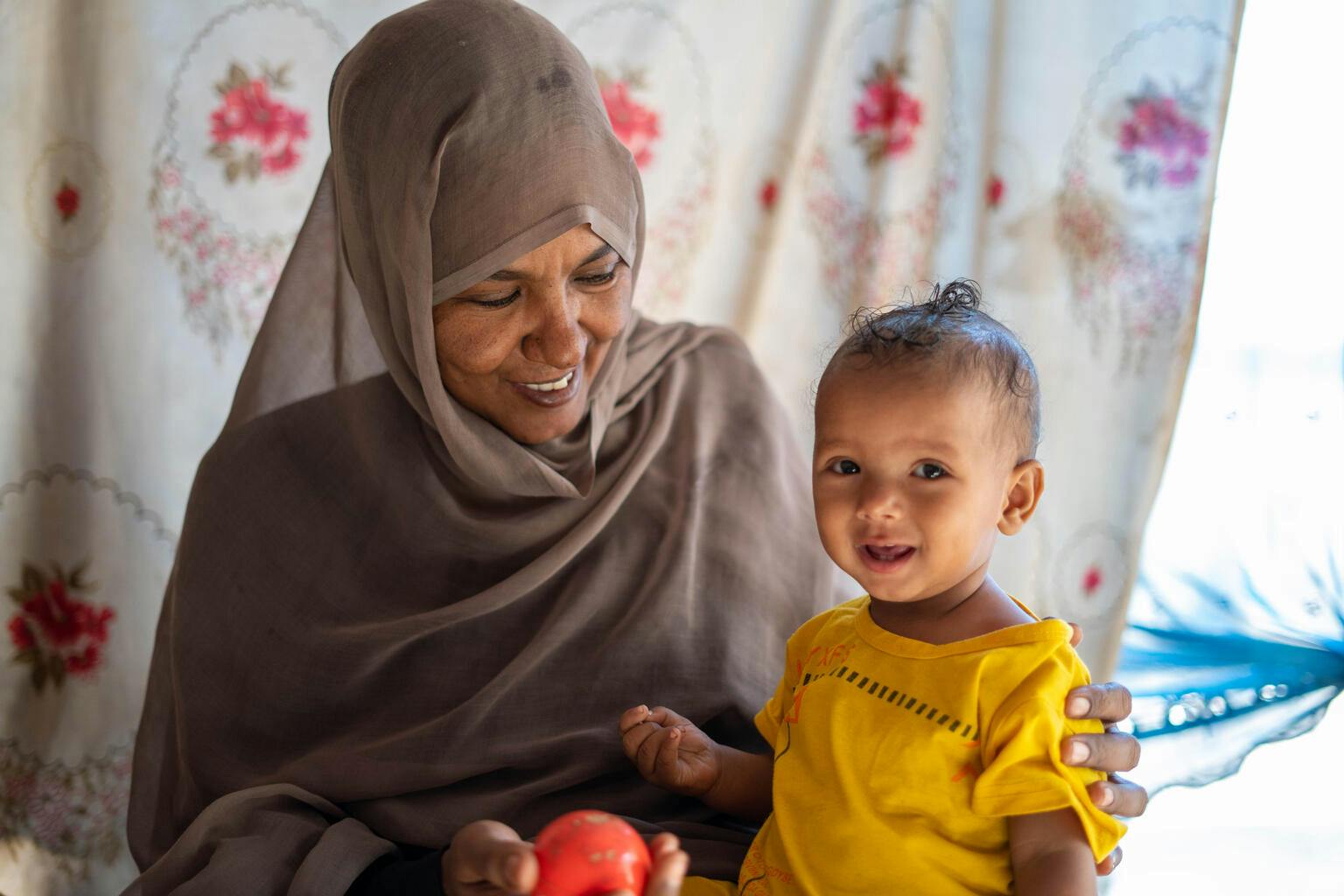
©UNICEF/UN0791880/Mahmoud
Sabna and her 9 month old daughter Fatuma (both pictured above) are both better off thanks to UNICEF’s Mother & Child Cash Transfer Plus (MCCT+) programme in Sudan.
Food high in nutritional value – such as fish, meat, and fresh fruits and vegetables – can be a struggle to buy during drought seasons, especially if you’re on low incomes. While pregnant, Sabna received cash grants from the MCCT+ programme, which she used to buy food items that she usually can’t afford but needs as part of a healthy diet for her and her unborn child.
Sabna also used the money to purchase seeds and seedlings to grow vegetables in her home garden. Today, some of the vegetables in Sabna’s home garden are ready to pick and she’ll be able to provide more for her daughter Fatuma.
Myth #3: Cash transfers cause dependency and laziness
There’s no evidence that suggests cash transfers create dependency. In fact, studies have shown that cash transfers can help families become more self-reliant and empower them to make their own decisions about how to use their money.
Many hardworking families may suddenly need cash assistance when there’s been a sudden change of circumstances outside of their control. For example, the war in Ukraine has forced many families out of their homes, and jobs have been lost as well.
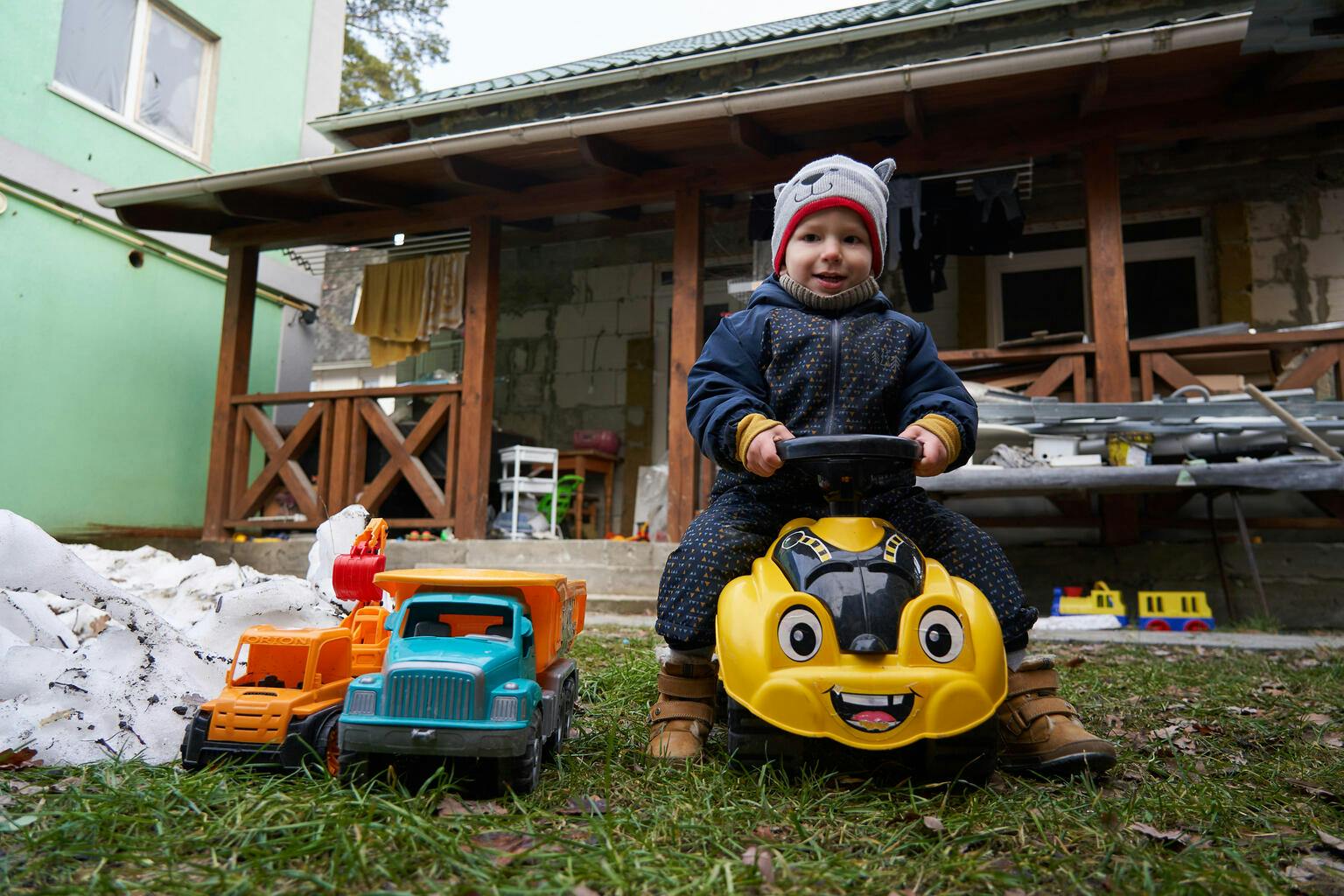
©UNICEF/UN0778075/Vashkiv
2 year old Bohdan in front of his family’s home in Ukraine.
Little 2 year old Bohdan and the rest of his family had been living away from home for months after their home in Irpin, Ukraine was hit by a shell. Money’s been tight after both of his parents lost their jobs.
Bohdan’s mother, Olia, received cash transfers from UNICEF – which has been spent on house repairs so they have a place to live, and clothes for the children.
This extra cash is a lifeline for Bohdan’s family until they can get back on their feet when peace returns.
Myth #4: Cash transfers lead to price inflation and disrupt local economy
Inflation happens when the supply of money in an economy increases faster than the supply of goods and services. In 6 case study countries where cash transfers were used, there was no inflation detected. That’s because families that benefit from cash transfers only make up a small share of the community.
They’re often the poorest households with low purchasing power and don’t buy enough to affect market prices.
If anything, cash transfers actually have a positive impact to local economies and boost growth and development in rural areas.
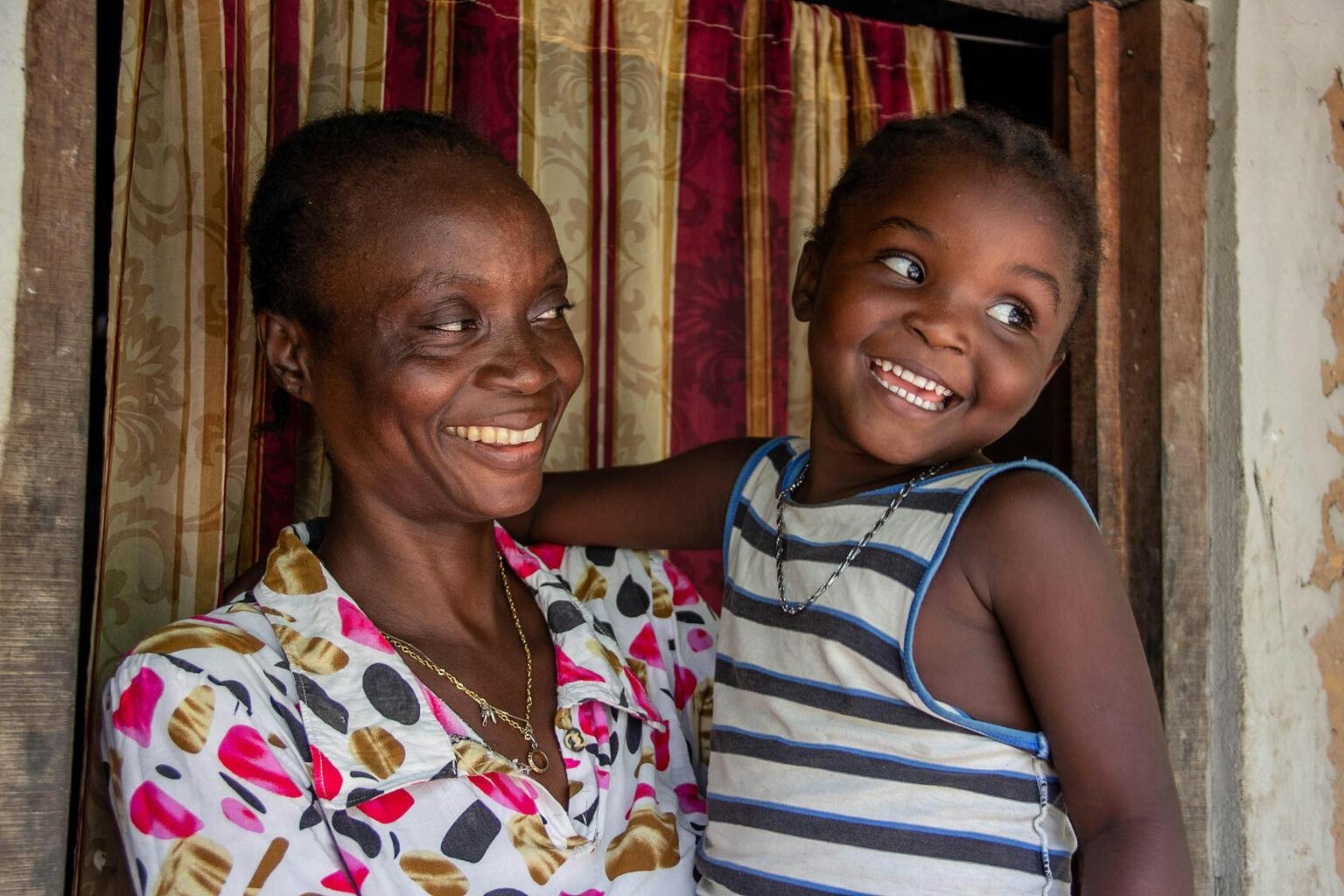
©UNICEF/UN0750834/Wenga
Cash transfers have made a big difference for Tity and her daughter Tiffynia in Kinshasa, Democratic Republic of the Congo.
With just $75USD every 3 months, Tity was able to buy a few pigs and start a livestock business in her community.
"It brought us profits and we used part of it to build a house. Thanks to this project, my daughter goes to school and is healthy," says Tity.
Along with the cash itself, UNICEF also encourages families receiving cash assistance to adopt good practices that improve the wellbeing and health of their children.
Myth #5: Child-focused cash transfers increase fertility rates
The idea that cash transfers might increase fertility rates is based on the assumption that people who receive cash transfers will have more children because they have more money. However, this assumption isn’t supported by evidence.
Studies have shown that cash transfers can actually have the opposite effect and lead to a decrease in fertility rates.
Having more money can help people access contraception, education, and healthcare.
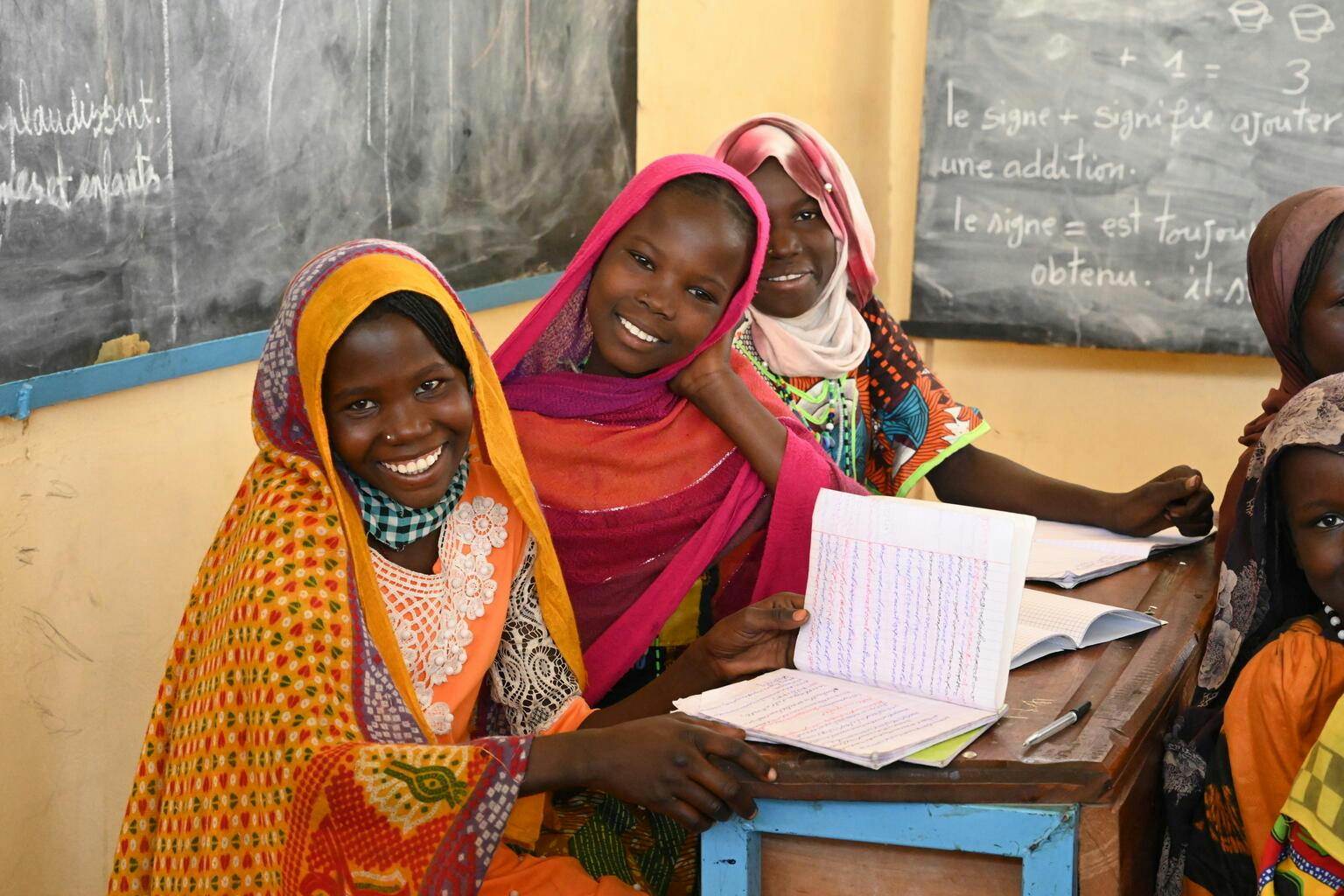
©UNICEF/UN0794804/Dejongh
Thanks to a cash transfers programme in Chad, these girls are able to attend and stay in school.
Cash transfers can encourage parents to send their kids to school and allow them to keep attending for a long time because extra cash helps parents pay for school expenses. In some communities, it’s often daughters who have to be kept at home to help around the house or to be married off.
With a few myths about cash transfers still floating around out there, it’s important we do our bit to bust some of the more common ones. Globally, so many families and communities are better off thanks to cash transfers given to them in times of need. By giving families the means to meet their own needs, we can help to build more resilient, self-sufficient communities that are more prepared to cope with whatever challenges the future may bring.
